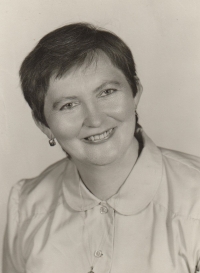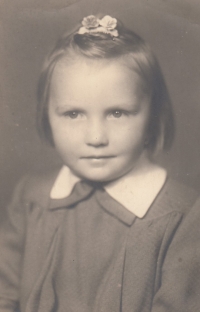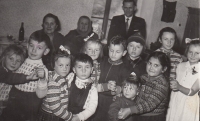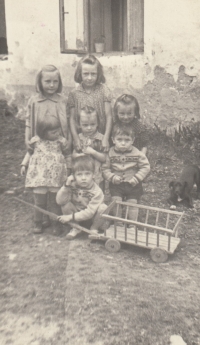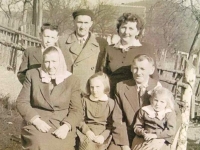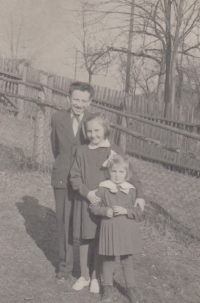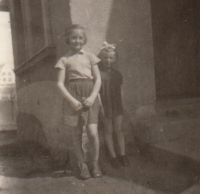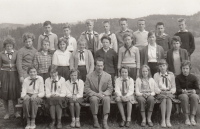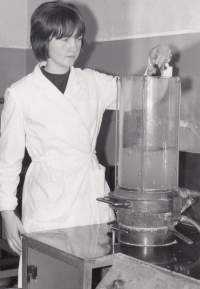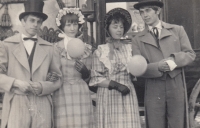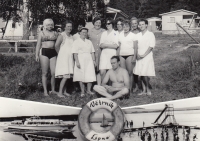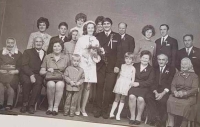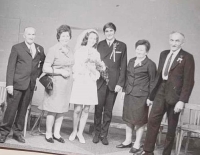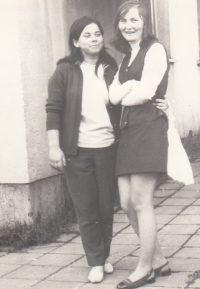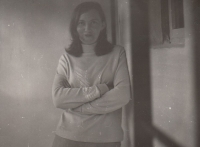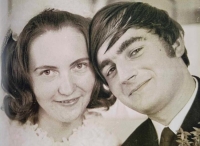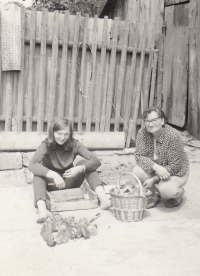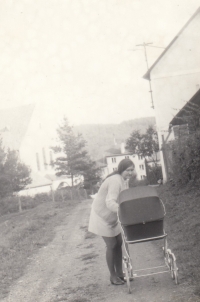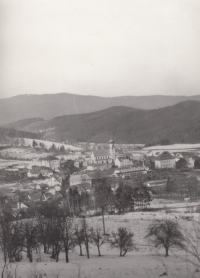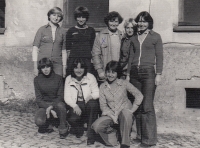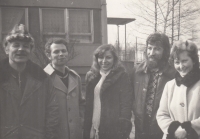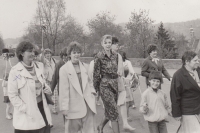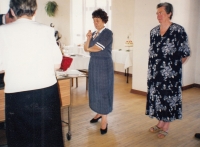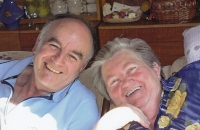I guess we didn’t feel so timid
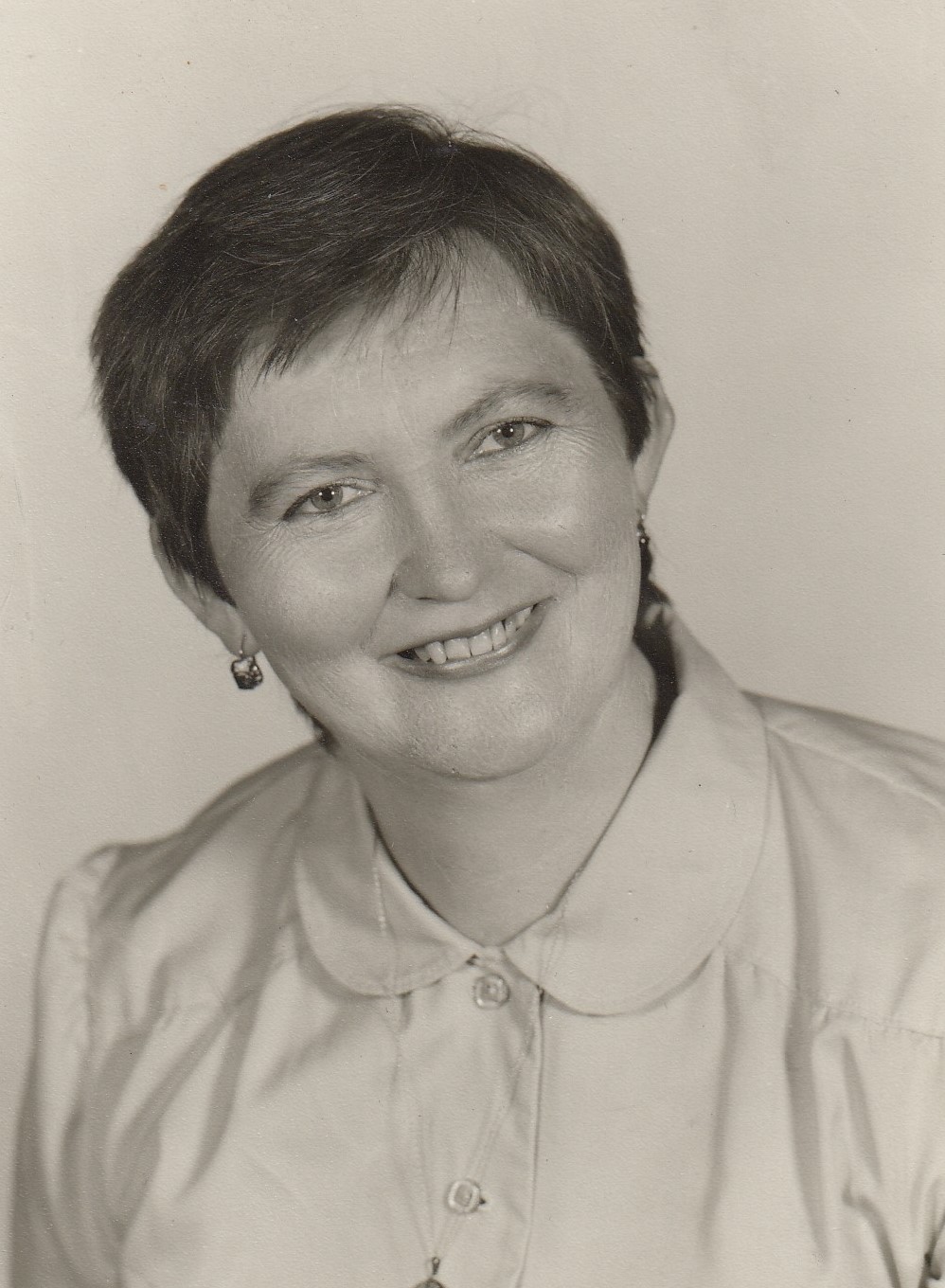
Download image
Jiřina Kozáková was born on 20 April 1949 in the village of Němče, which is now part of the village of Větřní in the Českokrumlov region. Her mother Ludmila Kunešová worked as an operator at the South Bohemian Paper Mills in Větřní, while her father Vojtěch Kuneš worked there in the accounting department. The young family lived with their grandparents on a farm, which they lost in the 1950s and then moved to Větřní. Here Jiřina Kozáková experienced the gradual emergence of the now excluded locality in Šumavská Street. In the 1960s she graduated from the Secondary Industrial School of Chemistry in Hostinné in Krkonoše. After graduating from the school, she started working as an educator at an apprenticeship in Větřní in 1968. In the sixties she experienced relaxation as a high school student and normalization as a worker in education. She recalls the pressures on the content of the teaching, which was to praise cooperation with the Soviet Union. She worked at the school until its demise in 1996. She then completed her qualification to teach chemistry and began working at the Secondary Medical School in Český Krumlov, where she taught until her retirement in 2009. Jiřina Kozáková raised two children, a daughter Halka and a son Jiří. In 2024 she lived in Větřní.
